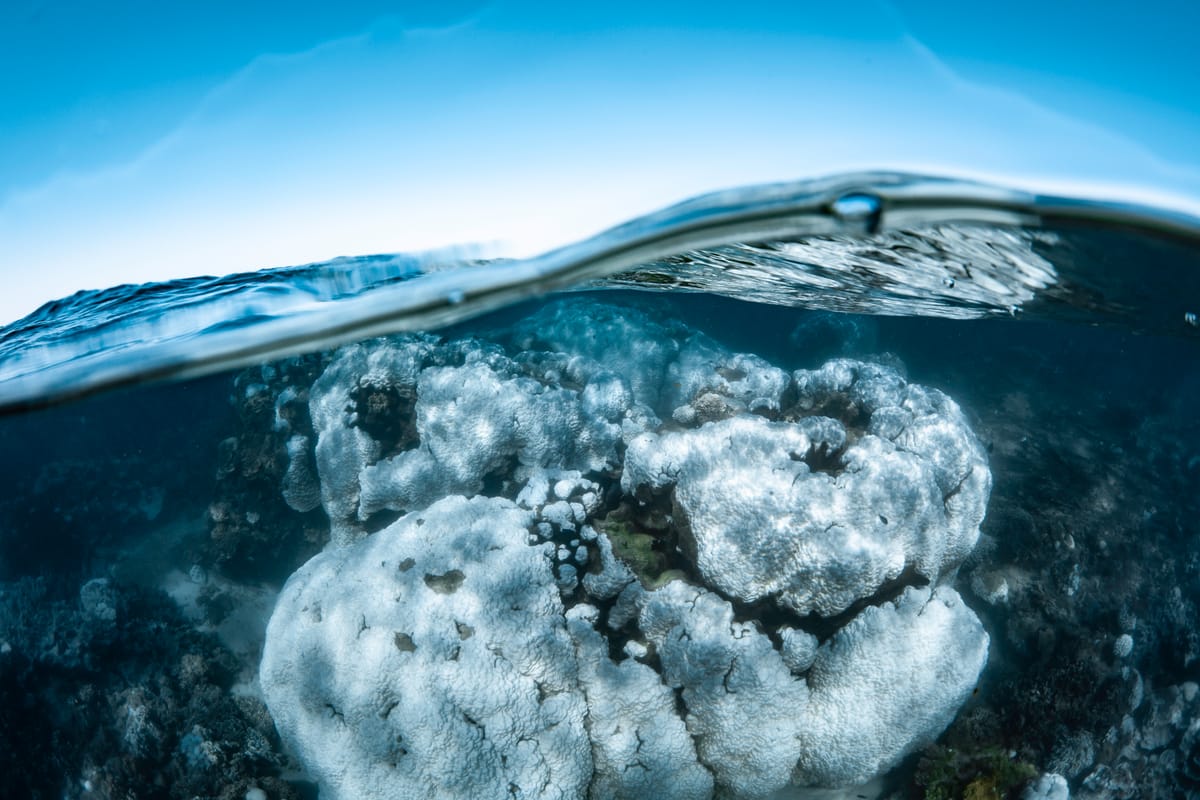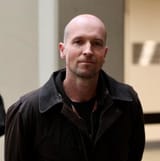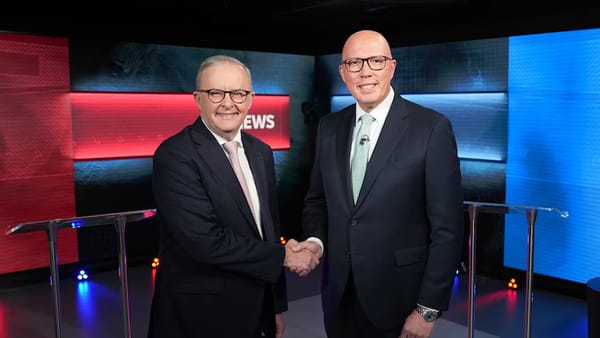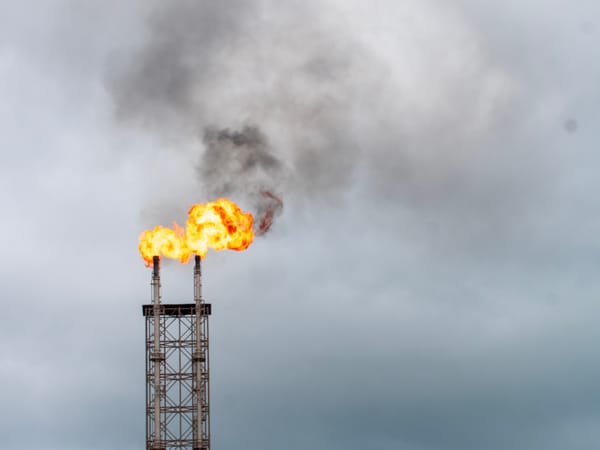All Quiet on the Western Front
With less than three weeks to go until WA’s state election, the discourse is as bleached as the coral.

The primary reason we launched The Last Place on Earth was based on the premise that what happens in WA matters. This website is not just about WA and what happens here, but everything we produce is infused with a central notion that the attitudes and worldview of the west are influential in a way that outsiders often fail to realise. For a long time, everything in WA has been amplified. In the big state, inequalities and crises are even more marked, colonisation is more cutting edge, and corruption is more expansive, even where it is often implicit instead of in your face. The nebulous nature of the western condition, and what it means for the rest of the country (and, via the WA gas industry’s outsize contribution to global warming, the world), has meant that few outside WA have smelt what the west is cooking up — and the anaesthetic death grip of Seven West within WA means that few here get the chance to ventilate.
Last year, we were basically borne out by the escalating role of Western Australia in killing off federal environmental reforms, catalogued ad nauseam already. East coast media even including the ABC picked it up, and it is an established trope by now that WA is the tail wagging Labor’s dog or, as we put it a couple of weeks back, one position further down the human centipede that funnels resource industry bullshit straight to Canberra. Given the centrality afforded to WA in the national discourse now, at least in theory, one would think that a state election campaign running mere weeks before a federal election campaign with WA in the drivers’ seat might afford some pretty useful insights into national politics.
And yet, with fewer than three weeks to go until polling day for WA, the campaign so far has been characterised most by its relative placidity, lack of energy and absence of compelling core themes. Perhaps it’s partly because national polling shows that Albo doesn’t just have WA to worry about now — when you’re on the nose across the board, the emphasis on appeasing the mining giants in the west recedes somewhat. Maybe it’s also because Basil Zempilas ruled himself out of the running early with an ill-conceived coup attempt that never really took off before Christmas, and seems to now firmly accept his position in the wings until after the election. And just maybe, it’s because the editorial position of the agenda-setting West Australian seems to be disinterested at best — perhaps they were a little scarred by the aborted launch of their man Baz, or possibly the peculiar peccadilloes of editor-in-chief Chris Dore are still overwhelming a tighter focus on resource state interests and keeping WA Labor firmly in their lane.
Either way, there’s precious little to talk about in this campaign, which perhaps explains the major parties’ eagerness to pivot to video in short form reels online, where a lack of substance is almost a prerequisite for engagement. It’s ironic that Housing Minister John Carey is top Labor Tiktok talent, because housing is the greatest absence. In the context of an agreed national housing crisis which has dominated political discussions across the spectrum since the last federal election, both major parties in WA seem to be colluding to keep the lid on public airing of the subject. Again, it doesn’t help that The West appears to have gone off the topic following the departure of campaigning editor Anthony de Ceglie. But neither Labor or Liberal leaders seem to have the appetite for a fight about it, preferring skirmishes on health and education instead of addressing the major issue affecting most voters right now — how they can afford somewhere stable to live. Labor opened proceedings at the end of last year by tipping another $1.8 billion into the yawning Social Housing and Affordability Fund (which has added a couple of letters to expand the acronym since being first announced as the “biggest public housing investment” in WA history in 2021). Social housing largely means privatising public housing to large NGOs with less transparency or accountability around their management of it (an attempt to outsource responsibility perhaps partly motivated by the Paul Whyte corruption scandal which Carey also blamed today for slowing new builds), while affordable housing means almost nothing. But in response, the silence from the Libs is almost deafening — shadow minister and deputy leader Steve Martin can criticise the lack of new social housing all he wants but, as a seasoned political reporter said to me recently, until he’s got some alternative policies he’s not going to get much more mileage out of attacking Labor’s.
Elsewhere, the deafening absence of debate about environmental matters is perhaps best captured by the gaping hole left in the issues section of Roger Cook’s campaign website — Labor are so antipathetic about the climate that they’d rather leave their policy statement missing a piece than give it even some lip service before an election. In the context of an ongoing marine heatwave so extreme it looks set to wipe out much of Ningaloo this week, the government’s reliance on a single use plastic ban as an example of environmental action is so contemptuous of the audience that you’ve almost got to admire the chutzpah. The behaviour is so banal, the leadership so vacuous, that it’s hard to pick out enough detail to actually hook a story around. And yet we persist.





